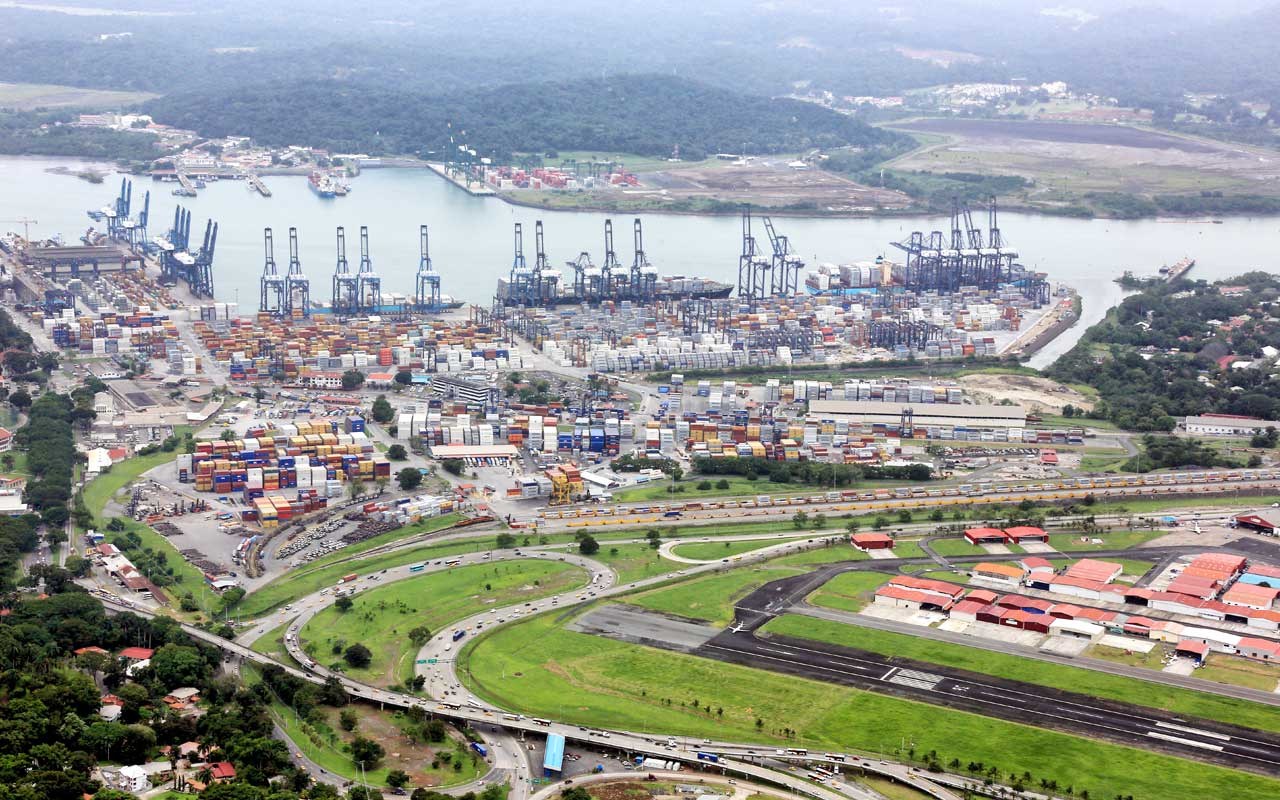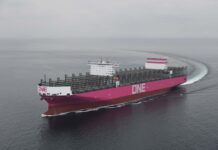
Danish ocean carrier Maersk has announced a series of changes to its ocean networks covering India and Middle East trades.
The company has opened a new shuttle loop out of Colombo to help the transshipment of Mediterranean cargo to/from the subcontinent. The service will rotate Salalah, Colombo, Ennore, Colombo and Salalah, starting from 5 February.
“In Colombo, we will have connections to Europe through our AE7 service and to the Far East with our AE55 service,” Maersk said in a customer advisory. “Both these services include West Mediterranean hubs offering connections to North Europe,” added the company.
Maersk has also boosted its intra-West Asia network to connect Red Sea and Mediterranean cargo out of the Gulf region with four new service announcements.
Due to start on 5 February, the Gulf Service has been designed with stops at Salalah (Oman), Jebel Ali (UAE), Doha (Qatar), Dammam (Saudi Arabia), Al Jubail (Saudi Arabia), Jebel Ali, Abu Dhabi (UAE), Duqm (Oman) and Salalah.
Starting on 9 February, the Arabian Sea Service will call at Salalah, Jebel Ali, Port Qasim (Pakistan), Pipavav (India), Nhava Sheva (India) and Salalah.
Beginning on 21 February, the Red Sea West Mediterranean Service will rotate Port Said (Egypt), Jeddah (Saudi Arabia), King Abdullah (Saudi Arabia), Port Said (Egypt), Barcelona (Spain), Port Tangier (Morocco), Algeciras (Spain), Vado (Italy) and Port Said.
With an effective date of 18 February, the Red Mediterranean Service features a port rotation of Jeddah Port Said, Port Tangier and Port Said.
“To help address some of the challenges presented by the Red Sea/Gulf of Aden situation, we are enhancing our intra-West Coast Asia coverage,” the Danish carrier said.
In parallel, Maersk has also unveiled a flurry of port call changes on its Asia-Europe network, which in large part reflect port omissions in the Middle East.
“The situation in and around the Red Sea/Gulf of Aden is deeply volatile with all available intelligence at hand confirming that the security risk continues to be at a significantly high level,” said the carrier in a separate advisory.
Maersk explained, “Due to the continuing situation, we have made changes to our Asia–Europe services.”
As a result, the revised rotation for the AE11 service will be Qingdao, Busan, Ningbo, Shanghai, Xiamen, Nansha, Yantian, Singapore, Valencia, Barcelona, Gioia Tauro, Port Tangier, Singapore, Yantian and Qingdao.
The new AE12 rotation will be Xingang, Dalian, Busan, Ningbo, Shanghai, Shekou, Singapore, Port Said, Koper, Trieste, Rijeka, Trieste, Port Tangier, Singapore and Xingang.
The new AE15 itinerary will be Busan, Shanghai, Ningbo, Shekou, Singapore, Port Said, Yarimca, Istanbul, Asyaport, Port Said, Abu Dhabi, Jebel Ali, Singapore, Shekou and Busan.
Maersk expects longer transit times for its AE5, AE10 and AE6 services, while there are no port call changes for these strings.
Other changes include skipping Jeddah on the AE7 service, and omitting Salalah and King Abdullah (eastbound) and instead adding Colombo on the AE55.
Jenny Daniel
Global correspondent
Contact email: j.daniel@container-news.com





